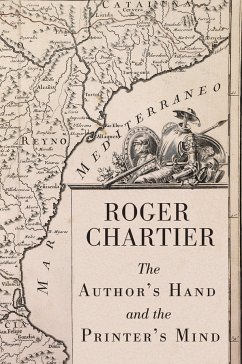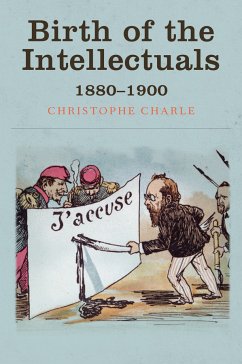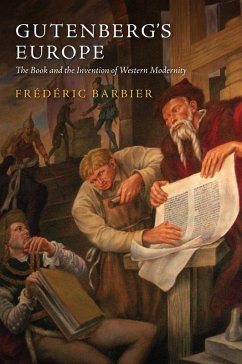
The Author's Hand and the Printer's Mind (eBook, ePUB)
Transformations of the Written Word in Early Modern Europe
Versandkostenfrei!
Sofort per Download lieferbar
18,99 €
inkl. MwSt.
Weitere Ausgaben:

PAYBACK Punkte
0 °P sammeln!
In Early Modern Europe the first readers of a book were not those who bought it. They were the scribes who copied the author's or translator's manuscript, the censors who licensed it, the publisher who decided to put this title in his catalogue, the copy editor who prepared the text for the press, divided it and added punctuation, the typesetters who composed the pages of the book, and the proof reader who corrected them. The author's hand cannot be separated from the printers' mind. This book is devoted to the process of publication of the works that framed their readers' representations of t...
In Early Modern Europe the first readers of a book were not those who bought it. They were the scribes who copied the author's or translator's manuscript, the censors who licensed it, the publisher who decided to put this title in his catalogue, the copy editor who prepared the text for the press, divided it and added punctuation, the typesetters who composed the pages of the book, and the proof reader who corrected them. The author's hand cannot be separated from the printers' mind. This book is devoted to the process of publication of the works that framed their readers' representations of the past or of the world. Linking cultural history, textual criticism and bibliographical studies, dealing with canonical works - like Cervantes' Don Quixote or Shakespeare's plays - as well as lesser known texts, Roger Chartier identifies the fundamental discontinuities that transformed the circulation of the written word between the invention of printing and the definition, three centuries later, of what we call 'literature'.
Dieser Download kann aus rechtlichen Gründen nur mit Rechnungsadresse in D ausgeliefert werden.












